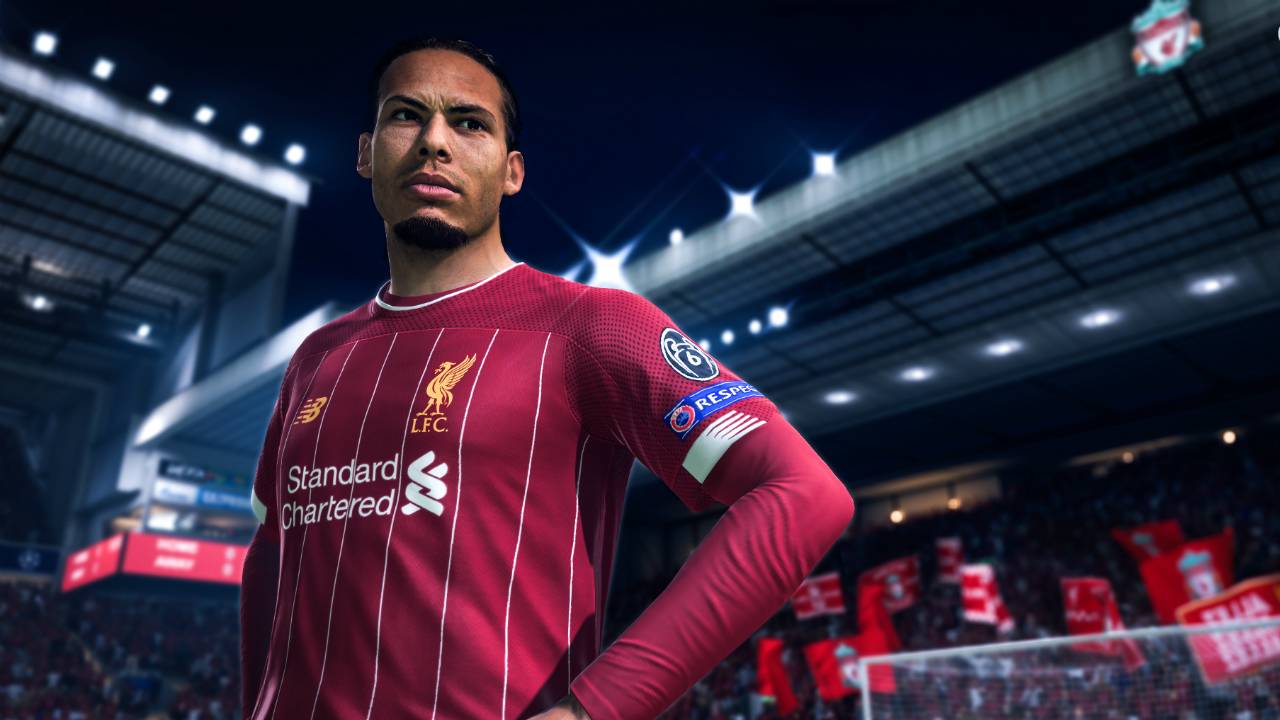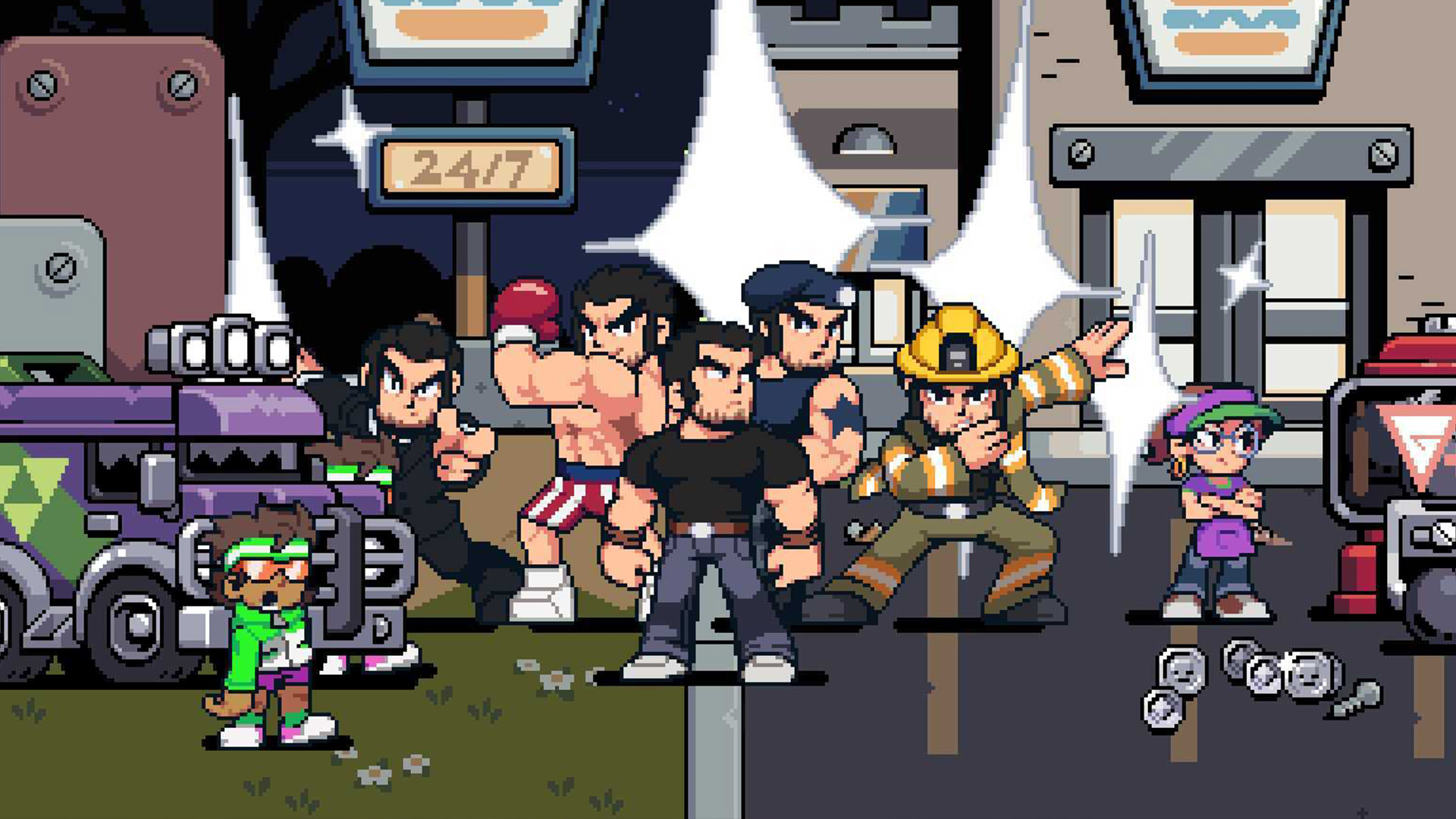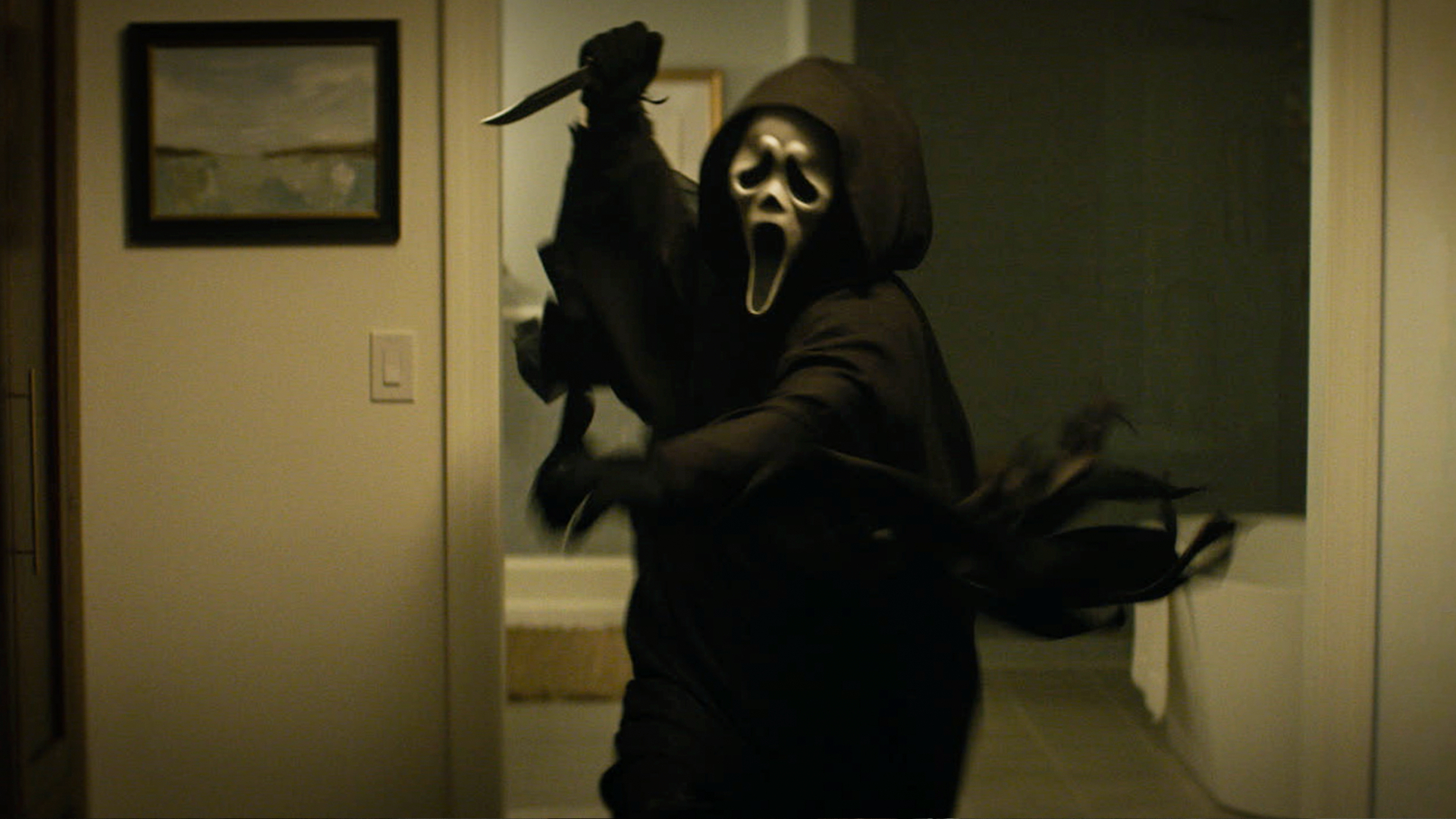GamesRadar+ Verdict
The restoration (in all but name) of FIFA Street and long-awaited upgrade to career mode finally make FIFA a game worth exploring beyond Ultimate Team
Pros
- +
Early cynicisms regarding Volta prove unfounded – five-a-side is fabulous fun
- +
Subtle tweaks to Ultimate Team serve longstanding fans and noobs alike
- +
The traditional wealth of teams and kits – with the Romanian league added this year
Cons
- -
Bye bye Juventus, hello Piemonte Calcio? A superficial blow, but a big one
- -
From an eSports standpoint, gameplay still doesn’t feel entirely user-dependent
Why you can trust GamesRadar+
Much like real football, FIFA 20 has become – in the most literal sense – a game of two halves. While year after year EA attempts to bolster its overall package with additions such as five-a-side Volta mode, for many FIFA 20 Ultimate Team is the sole reason to pick up each new edition. As a result, GamesRadar’s review is split into two parts. I’ll first address strengths and weaknesses of this year’s ‘FUT’ offering, before expanding into other modes and offering a final assessment.
I’ve been playing FIFA religiously since its Mega Drive inception, and can’t recall a period where feedback has been as toxic as in the last 12 months. Partly that’s due to social media’s infamous lack of nuance, but amid the noise is a degree of substance to complaints regarding Ultimate Team. The salient, constructive argument runs like this: given that FUT is the most lucrative mode in sports, surely the majority of EA Canada’s resources should go towards making it as close-to-perfect as possible?
In the garden of Eden
The studio has approached such complaints constructively. FIFA 20 Ultimate Team gets a re-structure of sorts via an all-encompassing feature called Seasons, whereby every activity you complete scores XP towards tangible rewards. These are smartly tiered to placate newcomers and well-versed players alike: early bonuses include loans for Virgil van Dijk and Eden Hazard, while those who commit the necessary time can eventually turn 96,055 XP into 85-rated Wilfried Zaha or Lucas Vazquez cards.
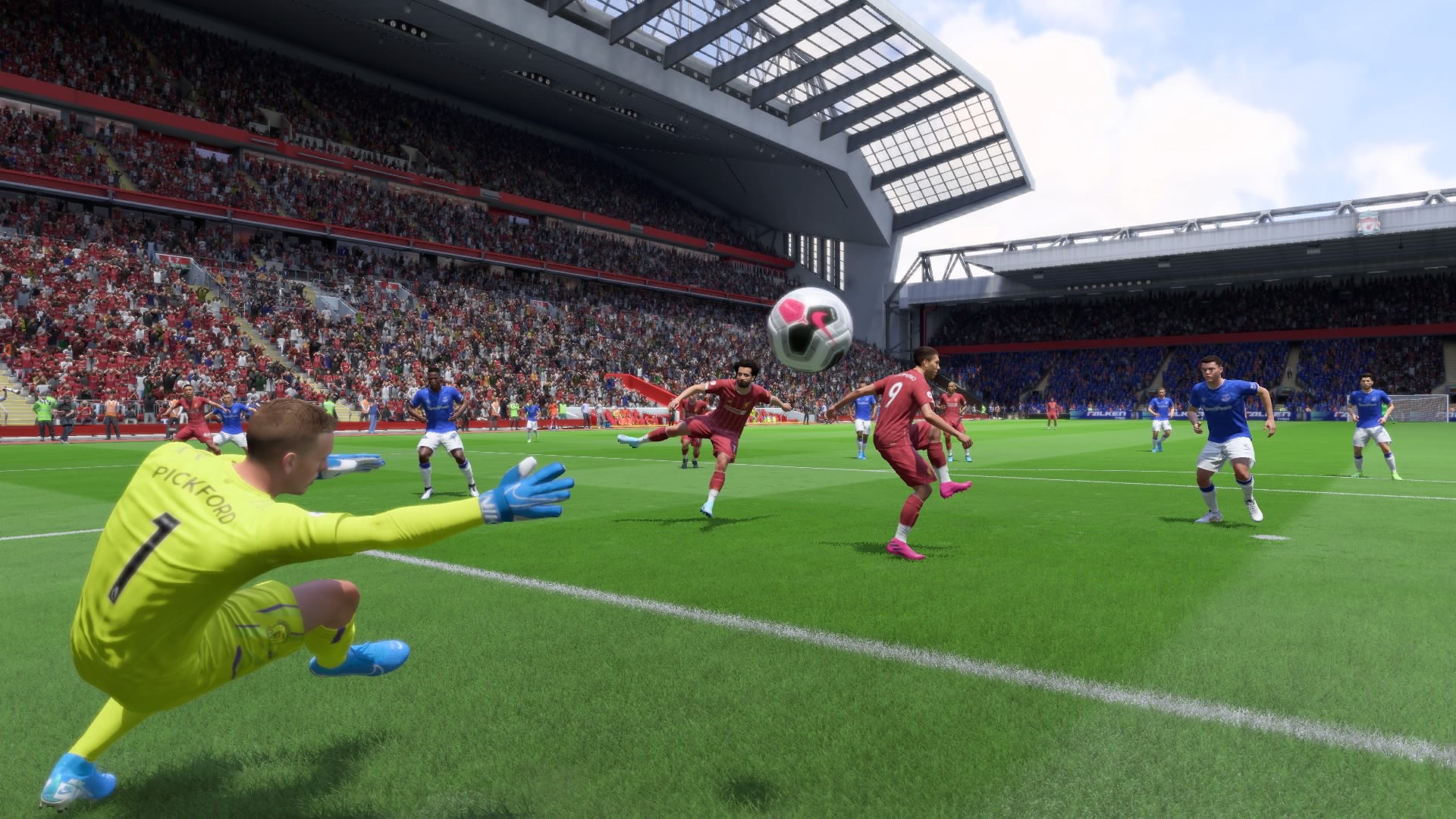
Release date: 27 September 2019
Platform(s): PS4, Xbox One, PC
Developer: EA Canada
Publisher: EA
Myriad other changes impress similarly, even if they’re largely a case of redecoration over renovation. Offline Squad Battles, where you tackle a series of AI line-ups across the week to score Monday rewards, are bolstered by the option to refresh opponents at any time, up to eight times per week – no longer forcing you to log in daily or have your leaderboard spot suffer. The squad screen is completely redesigned and makes replacing players from within your club or the transfer market much swifter. Customisable celebrations and Tifo displays add a welcome element of personalisation, albeit one which won’t matter to hardcore Weekend Leaguers.
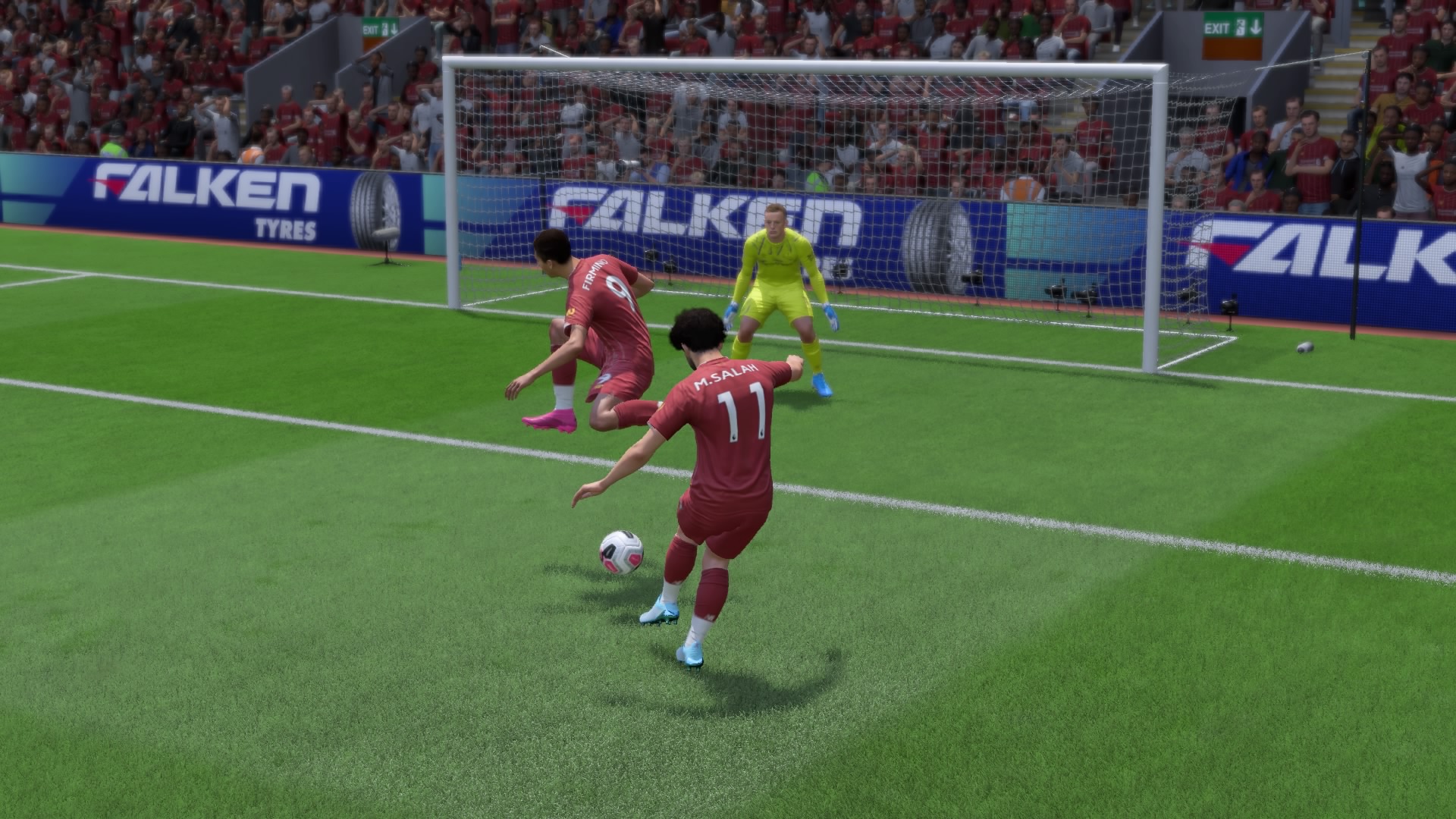
Players of all experience levels should be intrigued by Friendlies. This new feature enables you to enjoy matches without any effect on your squad’s contracts or fitness, according to specific, often-unconventional rules. For veterans, Max Chemistry is the most enticing: finally enabling you to start Ibra alongside Romelu Lukaku without being punished for their lack of club or nation links. For pure couch-play amusement, I challenge even the most ardent FIFA critic to try Mystery Ball, where the ball’s properties change Breakout-style every time it exits play – giving the team in possession rocket shots or Sonic-wearing-Adidas-Predators speed. It’s daft yet also competitive, fun and funny: a holy grail that eludes most sports games.
Things can only getting meta
From a traditionalists’ standpoint, judging gameplay is problematic because 90% of the FIFA audience – myself included – believe their abilities to be better than they actually are. Assemble a meta squad packing van Dijk at the back, N’Golo Kante in midfield and Pierre-Emerick Aubameyang up front and of course you’re going to blame shenanigans upon losing 0-1 to a team spearheaded by Billy Sharp. So if you found skill gap – or lack thereof – to be headache last year, I suspect FIFA 20 is again going to be written off as ‘broken’.
To my eyes it isn’t broken – very good, in fact – but neither is it flawless, and some frustrations from FIFA 19 linger. Tight online matches still have a whiff of the inevitable when you concede with ten minutes left after peppering an opponent’s goal, although the flip side is the euphoria felt when you cling on to a desperation 1-0 win over a more skilful human opponent. Against the AI, Squad Battles fixtures on Ultimate difficulty again throw up occasions where the CPU wins by having its stats boosted to M. Bison levels rather than even attempting to play superior football. Plus ça change…
Weekly digests, tales from the communities you love, and more
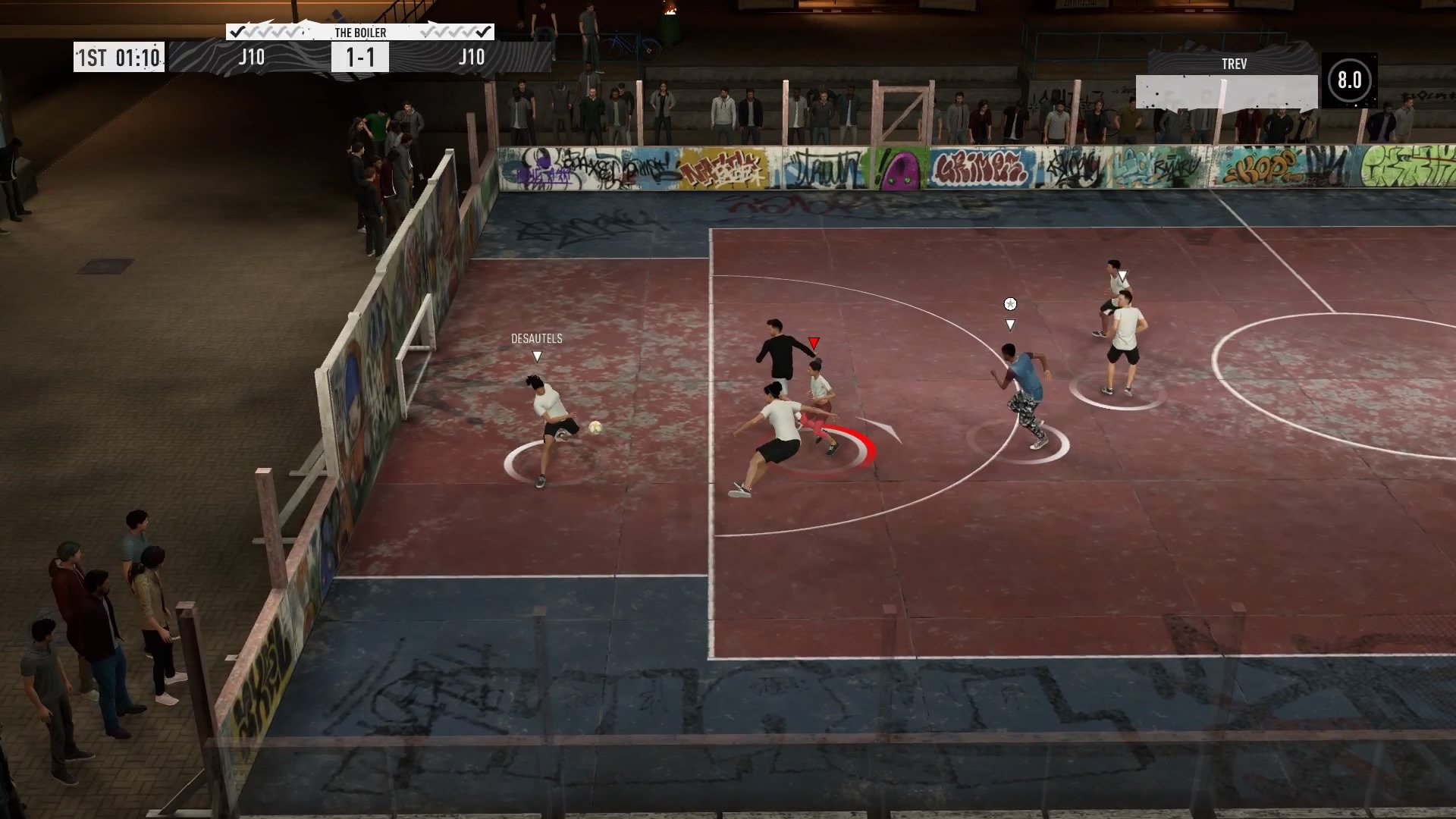
Happily, the addition of Volta’s close-knit street kickabouts benefit the eleven-a-side action, with close control a degree tighter yet less reliant on right-stick trickery, and players given improved ability to hit the target from tight angles. Especially welcome is the extra level of aggression attackers show when running in behind opposition centre-backs. It means an increased number of offside flags – but better that than last year, where you’d often be left screaming at your striker’s unfathomable decision to abandon an inch-perfect through ball.
Even so, we’ve reached the stage of this generation where I don’t believe EA can win over the FIFA community’s more vocal contingent. Battle lines are too entrenched and the more the series promotes itself as an eSports contest, the more its audience wants the RNG element – Sergio Aguero missing an open goal, AFC Wimbledon overcoming Arsenal – done away with. Ultimate Team remains a supremely moreish fantasy offering: when on song, the best mode in the entire sports genre. But it still isn’t one where the superior player always wins, and the likelihood of that changing anytime soon feels infinitesimal.
Keys to the Volta
If Ultimate Team seems set to divide, then Volta mode should be reason for FIFA’s hyper-critical audience to set its differences aside and play nicely together. Very nicely. For all who’ve lobbied to have FIFA 97’s indoor mode or FIFA Street brought back from the dead, it ticks every possible fan service box.
Teams of up to six players go head-to-head in arenas based around the globe, with splendidly OTT results: balletic skills, spectacular goals, ludicrous overhead kicks, preposterous celebrations. All real players and teams are available for this, and the best part is that it downgrades the main game’s emphasis on pace: you need to think your way through other teams, rather than merely charge past them. Walls and rush keepers increase the welcome variety.
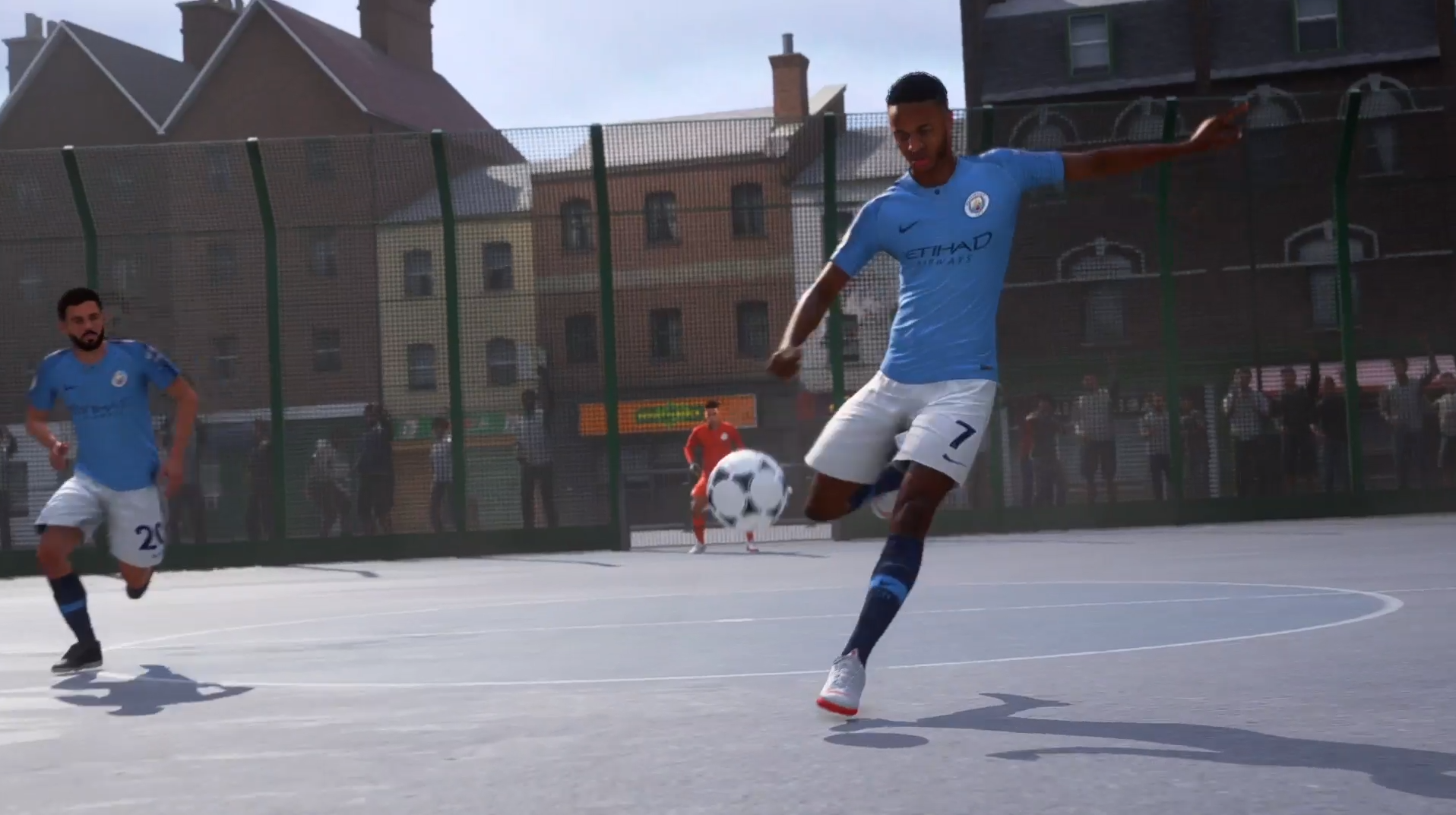
There’s a career mode attached to Volta too, just fun enough to maintain your interest for one playthrough, a little too hammy to tempt you into ever returning once you’re done. You build your own player for it, unlocking customisation rewards as you progress – much like The Journey mode in FIFAs 17 to 19. But there’s no character as likeable or relatable as previous protagonist Alex Hunter, and some of the acting from real-life street pros goes beyond wince-worthy. A curious diversion, but not in itself worth shelling out £50 for.
Tracksuited and booted
Mercifully, for the first time in years, career mode does just about justify the price tag – or at least it will if an annoying release-day bug is patched. More on that in a sec. It’s still built on the foundations of FIFA 19, and likely will be until the advent of PS5 and Xbox Project Scarlett, but the implementation of lessons learned from The Journey finally adds some meat to its bare bones.
Such as press conferences: you can swing squad morale with answers given to the media before each game. For the ultimate challenge, try responding abrasively to every question, a la Jose Mourinho, then dealing with your entire squad throwing wobblies.
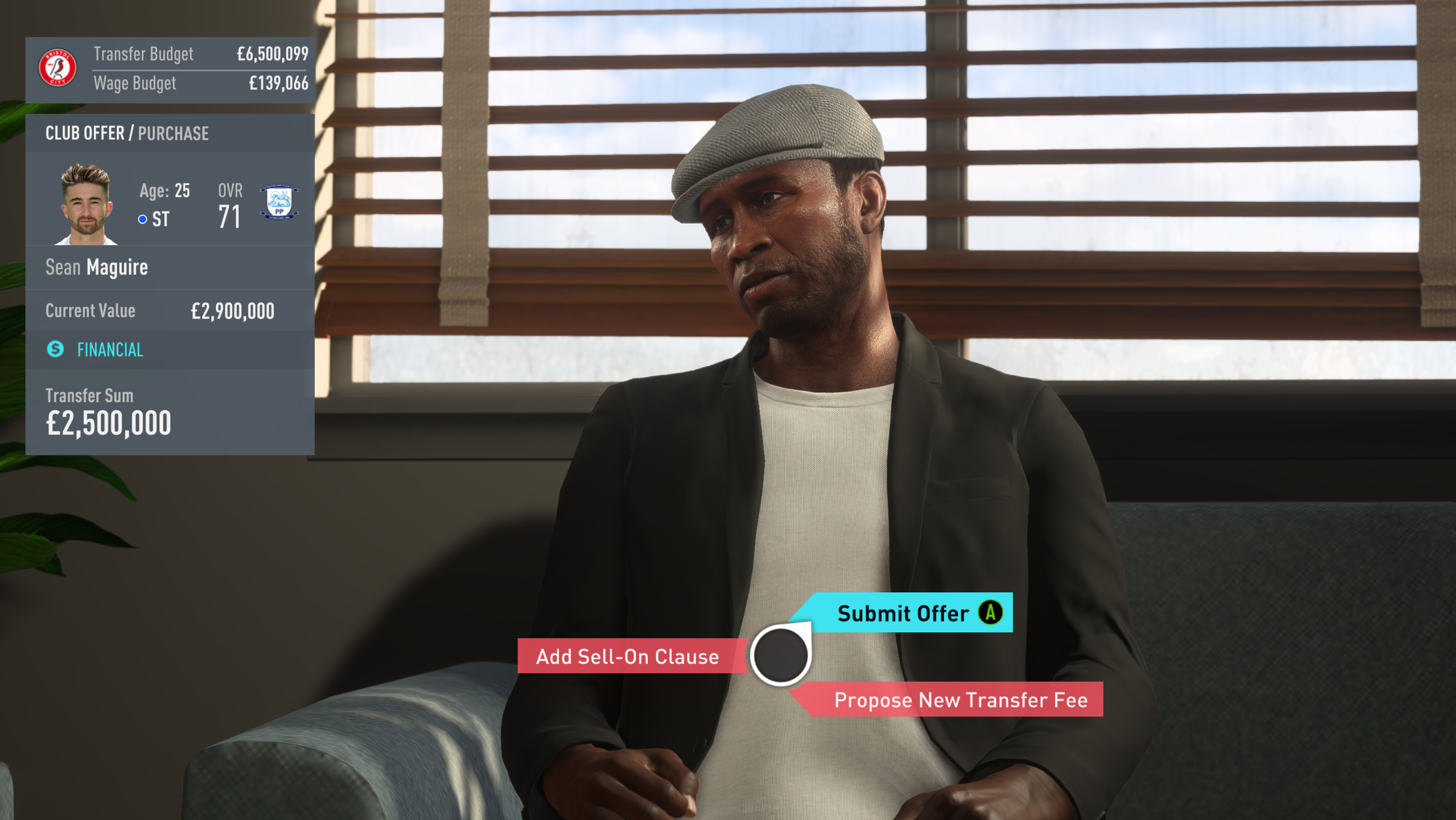
I don’t mean just imagine their tears and tantrums, either. Players now message you and spark entire interactive conversations regarding their current happiness, transfer plans, and so on. Couple that with the option to edit your own appearance – male or female – and the well-overdue inclusion of variable player potentials, so that the gametime you give youngsters has a tangible long-term effect, and this finally feels like a footballing world. Rather than a series of menu screens which you just click through until the next match.
But yes, that bug. Occasionally when you start matches in career mode the opposition will, for no reason, half-full its line-up with reserves and youth players. As Everton, I played away at the club I support in reality – Crystal Palace – against prospects I’ve never seen in real life, such as Luke Dreher and James Daly. It’s an annoyance rather than game-wrecker, but it definitely needs to be patched at the earliest opportunity. I’ll update this review if and when that occurs.
In the meantime, however you like to play FIFA 20, there’s plenty here to ensure it stays in touch with genre leaders NHL 20 and MLB The Show. True evolution - and the chances of it ever entering five-star territory - will have to wait for next-gen. But the game everyone proclaims to hate still conjures ifs fair share of moments that you’ll secretly – or, in the case of last-minute winners, shoutily – love.
Reviewed on PS4.
More info
| Genre | Sports |

I'm GamesRadar's freelance sports editor, and obsessed with NFL, WWE, MLB, AEW, and occasionally things that don't have a three-letter acronym – such as Chvrches, Bill Bryson, and Streets Of Rage 4. (All the Streets Of Rage games, actually.) Even after three decades I still have a soft spot for Euro Boss on the Amstrad CPC 464+.
